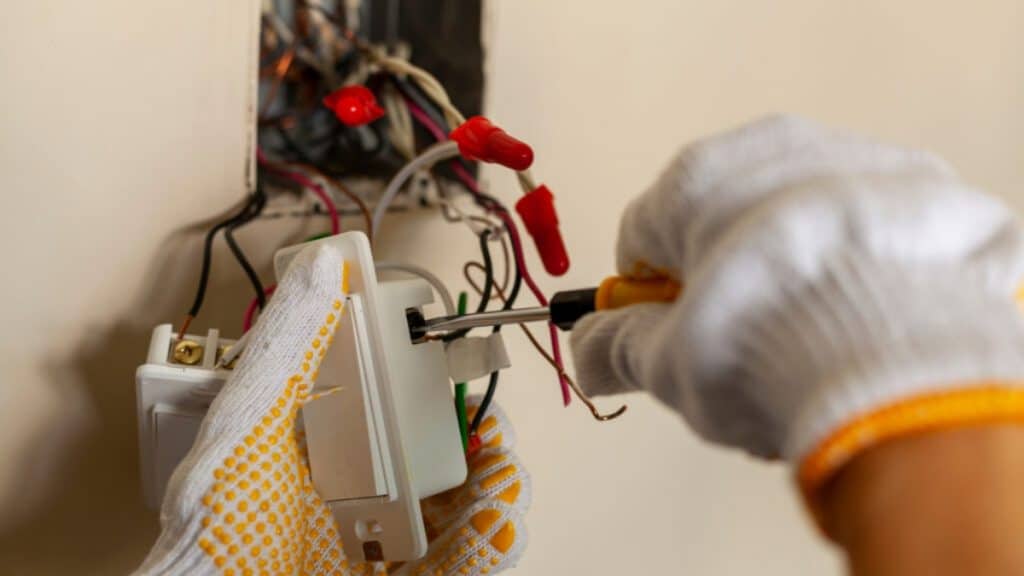Upgrading your home’s electrical system is a significant investment that can improve safety, enhance energy efficiency, and increase the value of your property. Whether you’re planning a renovation, adding new appliances, or simply updating old wiring, here’s some expert advice from an electrician in Addison to guide you through the process.
1. Assess Your Current Electrical System
Before making any upgrades, it’s essential to evaluate your current electrical system. This includes checking the condition of your wiring, outlets, and electrical panel. An electrician can perform a thorough inspection to identify any issues or outdated components that need attention.
2. Understand Your Power Needs
Modern homes have higher power demands due to the increased use of electronic devices, appliances, and smart home systems. Determine your power needs by considering the number of devices and appliances you use regularly. An electrician can help you calculate the required capacity to ensure your electrical system can handle the load.
3. Upgrade Your Electrical Panel
If your electrical panel is outdated or insufficient for your power needs, it may be time for an upgrade. A modern electrical panel with higher amperage can provide the capacity needed for new appliances and devices. Upgrading your panel can also prevent electrical overloads and improve the safety of your home.
4. Replace Outdated Wiring
Homes with old or faulty wiring, such as knob-and-tube or aluminum wiring, are at a higher risk of electrical fires. Replacing outdated wiring with modern, safer materials can significantly reduce this risk. An electrician can recommend the best type of wiring for your home and ensure it is installed correctly.
5. Install Additional Outlets
Overloaded outlets and excessive use of extension cords can be hazardous. Adding more outlets in convenient locations can reduce the risk of electrical fires and improve the functionality of your home. Consider installing outlets with USB ports for added convenience.
6. Consider Energy-Efficient Lighting
Upgrading to energy-efficient lighting, such as LED bulbs, can reduce your energy consumption and lower your utility bills. An electrician can help you choose the right lighting solutions for each room and install them properly.
7. Incorporate Smart Home Technology
Integrating smart home technology can enhance the convenience and efficiency of your electrical system. From smart thermostats and lighting controls to security systems and home automation, an electrician can help you install and set up these advanced features.
8. Improve Grounding and Surge Protection
Proper grounding and surge protection are crucial for protecting your home’s electrical system and electronic devices from power surges. An electrician can install whole-house surge protectors and ensure your system is properly grounded to prevent damage from electrical surges.
9. Plan for Future Expansion
When upgrading your electrical system, consider future needs and potential expansions. Whether you plan to add new appliances, build an addition, or install an electric vehicle charging station, planning for these changes now can save time and money later.
10. Hire a Licensed Electrician
Electrical upgrades should always be performed by a licensed electrician. Their expertise ensures that all work is done safely, meets code requirements, and is completed to the highest standards. Hiring a professional electrician provides peace of mind and protects your investment.
Upgrading your home’s electrical system is a smart investment that can enhance safety, efficiency, and functionality. By following this advice from an experienced electrician in Addison, IL, you can ensure that your electrical upgrades are performed correctly and meet your needs. Don’t compromise on safety or quality – consult with a licensed electrician to plan and execute your electrical system upgrade.
